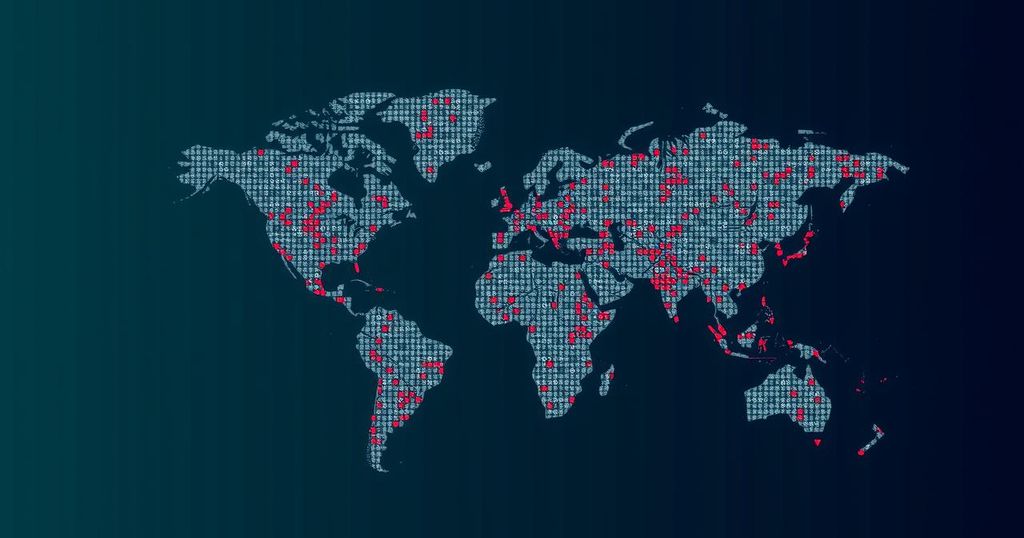Meta Reports AI Content Made Up Less Than 1% of Election-Related Misinformation

Meta’s recent report states that AI-generated content constituted less than 1% of election-related misinformation on its platforms throughout major global elections. The company highlighted the effectiveness of its existing policies in combating risks associated with generative AI and noted the rejection of numerous deepfake creation requests. Meta also dismantled several covert influence operations and pointed to issues on other platforms with misleading videos related to the U.S. elections.
At the year’s outset, apprehensions surged regarding the potential for generative artificial intelligence (AI) to manipulate global elections by disseminating propaganda and disinformation. However, Meta’s recent disclosures assert that these fears proved largely unfounded concerning its platforms, including Facebook, Instagram, and Threads. According to Meta, evaluations surrounding prominent elections in regions such as the United States, Europe, and various countries in Asia and Africa revealed that AI-generated content accounted for less than 1% of all election-related misinformation.
Meta’s analysis indicates that, despite some verified or suspected instances of AI usage for misleading purposes, the overall volume remained minimal. The company emphasized that their existing policies were effective in mitigating risks associated with generative AI during the election periods for the major elections examined. Furthermore, it was reported that Meta’s Imagine AI image generator rejected approximately 590,000 requests for creating misleading images of prominent political figures in the weeks leading up to the election, aiming to curtail the proliferation of deepfakes.
The tech giant also noted that coordinated efforts by networks aiming to spread disinformation leveraging generative AI yielded only marginal results in terms of productivity and content creation. Importantly, Meta affirmed that its strategy for addressing covert influence operations focuses on account behavior rather than solely the content produced, regardless of whether it utilized AI technology. Additionally, around 20 new covert influence campaigns were dismantled globally to counter foreign interference, with many of these networks relying on fabricated audiences to boost their perceived popularity.
Furthermore, Meta criticized other platforms, highlighting that misleading videos regarding the U.S. elections linked to Russian-based influence operations were predominantly shared on X and Telegram. The company indicated that it will continue to evaluate its policies in light of the lessons learned throughout the year, with updates to be expected in the near future.
The topic of generative artificial intelligence and its potential to influence elections is increasingly pertinent in today’s digital landscape. Concerns have been raised about the misuse of such technologies to propagate false information and sway public opinion during critical electoral processes. As global elections became more intertwined with social media platforms, the spotlight has turned to how companies like Meta manage and mitigate these risks to ensure electoral integrity.
In conclusion, Meta’s findings suggest that the impact of generative AI on election-related misinformation during critical elections was minimal, comprising under 1% of total misinformation detected. The company has implemented effective measures to counter deepfakes and disinformation campaigns, emphasizing a behavioral focus rather than solely content analysis. Furthermore, Meta continues to scrutinize its policies regarding misinformation as it navigates the complexities of technology’s role in elections moving forward.
Original Source: techcrunch.com








